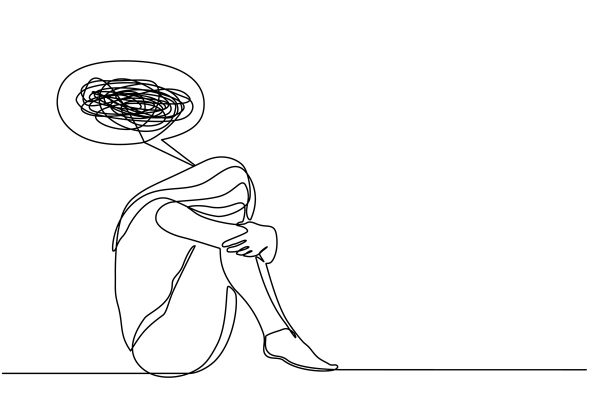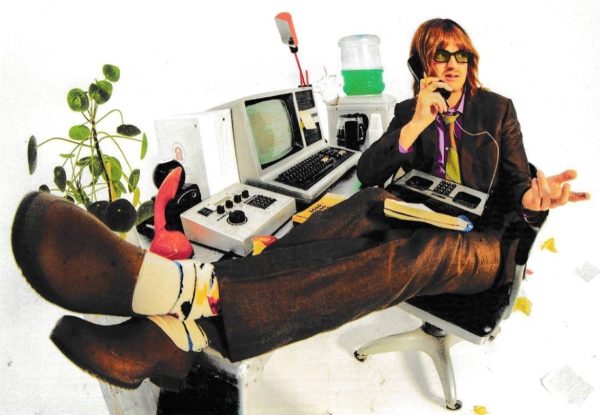A stand against cell phone overuse
If you paid any attention to the news in the last few months, you most likely heard about the New York City mayoral primary election. You know, the one Anthony Weiner was running in. Something that may have slipped under the radar of most media outlets is the use of cell phones during campaign forums and debates.
In her New York Times article, “Kiss Baby, Smile, Check Phone (Over and Over): Mayoral Candidates Wedded to Smartphones While Campaigning,” Sarah Maslin Nir said “at a forum last month, typical of the scores of such events around the city over the course of the campaign, candidates fiddled ceaselessly with their phones, though they were on-stage before an audience of over 1,500 and the event was televised.”
She goes on to call this phenomenon “distracted campaigning” and when some candidates were called out for it, they cited that they were “bored,” which Nir presumes is from listening to the same forum speeches over and over.
Of course, checking smart phones constantly isn’t just a phenomenon regulated to politicians — we all do it, whether it be in class, walking across the bridge, at a party or even in our cars. And, frankly, the amount everyone is on their phones is ridiculous.
I’ll admit it, I’ve been known to check my phone when I’m in a super boring class. And I do spend a lot of time on my phone. I was on my phone while writing this!
But do I like that I spend an inordinate amount of time checking Facebook or Twitter or Instagram? Nope. And when I am checking my phone, I feel guilty, because I know I should be paying attention, or doing something more constructive than caring about what people on Facebook are saying.
According to a Baylor University study, our cell phone use might actually be becoming an addiction.
“At first glance, one might have the tendency to dismiss such aberrant cell phone use as merely youthful nonsense — a passing fad,” the study said. “But an emerging body of literature has given increasing credence to cell phone addiction and similar behavioral addictions. An expanded understanding of the brain’s reward system — where there is reward there is a chance of addiction — has led many researchers to consider behaviors as potentially addictive.”
The study goes on to compare constant cell phone use to addictions like gambling, overeating and sex. While calling constant cell phone use an “addiction” might be going a little too far, our cell phones are definitely something that we can’t live without.
Psychologists have actually named the fear of losing one’s phone nomophobia. According to a survey by Lookout, a mobile security company, 94 percent of those surveyed lived in fear of losing their phone.
The survey results only get more embarrassing, with 40 percent of those in the Lookout survey saying they’ve checked their phone while on the toilet.
I understand why we need our cell phones. We youths of the world are sociable people. That being said, the Lookout survey points out that 63 percent of people ages 18-34 don’t go an hour without checking our phones (I checked my phone as I wrote this sentence), and 30 percent of those in the survey have checked their phone while having a meal with someone else.
This last point is a personal pet peeve because you shouldn’t be bored or in need of social interaction while socially interacting with someone. This is, one: bad manners, and two: probably damaging to your relationship with that person.
So knowing that we’re never going to fully be freed of our smart phones, I ask you, dear readers of The Spectator, to disconnect from your phone for just an hour or two.
In a New York Times opinion column by Caroline Tell, writer Lesley M. Blume said, “the expectation that we must always be available to employers, colleagues, family: it creates a real obstacle in trying to set aside private time. But that private time is more important than ever.”
It goes to say that having a face-to-face conversation, without a phone in your hand, might actually be good.
And for Pete’s sake, don’t text someone or update Facebook while you’re on the toilet.









